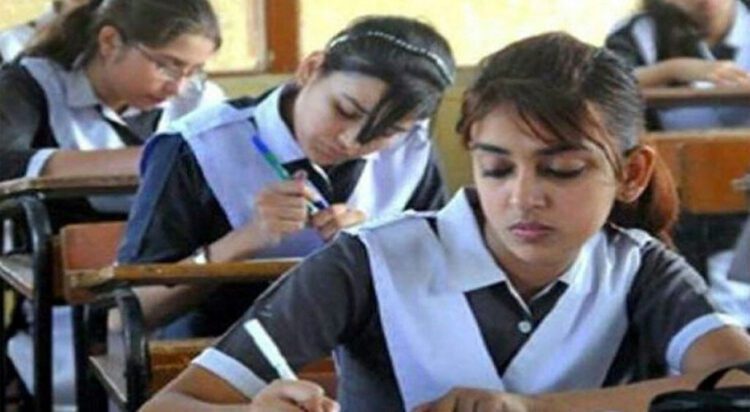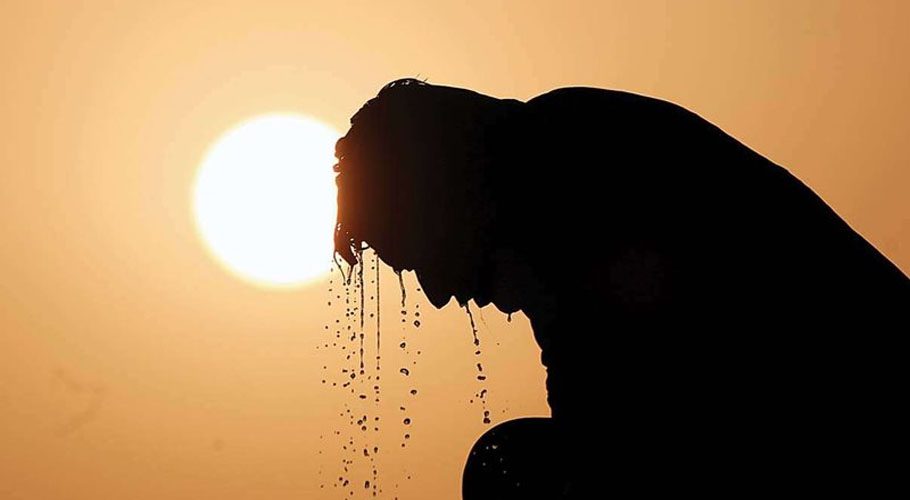The Punjab government has announced the closure of all schools, from primary to higher secondary levels, until November 17 due to the ongoing smog crisis. In addition to the school closures, the government has mandated the use of masks for all individuals across the province to mitigate health risks posed by deteriorating air quality.
Senior Minister Maryam Aurangzeb announced during a press conference in Lahore, where she outlined the measures being taken to combat smog and improve air quality. She emphasized that the provincial government is actively addressing the issue, with various departments coordinating efforts to reduce pollution. A dedicated control room, equipped with advanced technology, has been established to monitor the Air Quality Index (AQI) in real-time. She said that schools would remain closed in Lahore, Multan, Gujranwala, and Faisalabad divisions.
Aurangzeb pointed to crop residue burning as a significant contributor to the smog, particularly from neighboring regions in India. Despite the provincial government’s efforts, including a ban on plastic bags, violations continue to hinder progress. The minister warned that failing to wear masks could expose individuals to harmful pollutants, particularly methane.
“The air quality is worsening, and it’s important that we take immediate steps to protect our citizens,” Aurangzeb said. “Lahore, Multan, Gujranwala, and Faisalabad are the most affected areas, and we are taking all necessary actions to reduce exposure.”
The minister also recommended that girls be shifted to online education, particularly in cities such as Multan and Gujranwala, where the air quality is especially poor. The Air Quality Index in Lahore had surpassed 1,100 at the time of the announcement, indicating a hazardous level of pollution.
To address the situation, online classes will begin on November 17 for students in Lahore, Gujranwala, Faisalabad, and Multan. Schools are instructed to arrange virtual learning for students during this period to ensure their safety. The provincial government has also taken additional measures, including limiting staff attendance at government and private offices to 50%, with virtual meetings becoming mandatory for official discussions.
Aurangzeb also acknowledged that the smog is being exacerbated by air pollution from India, particularly in regions like Rajasthan, which is contributing to the high levels of smog in Punjab. She called for greater cooperation between Pakistan and India to address the transboundary issue of smog and its impact on public health and the environment.
The smog is expected to continue for at least the next ten days, according to the minister, and further actions will be taken as needed to protect the health and safety of the public.
As the smog situation remains critical, the Punjab government’s decisive steps, including the school closures and mask mandate, aim to reduce exposure and prevent health hazards to students and the general population.



































